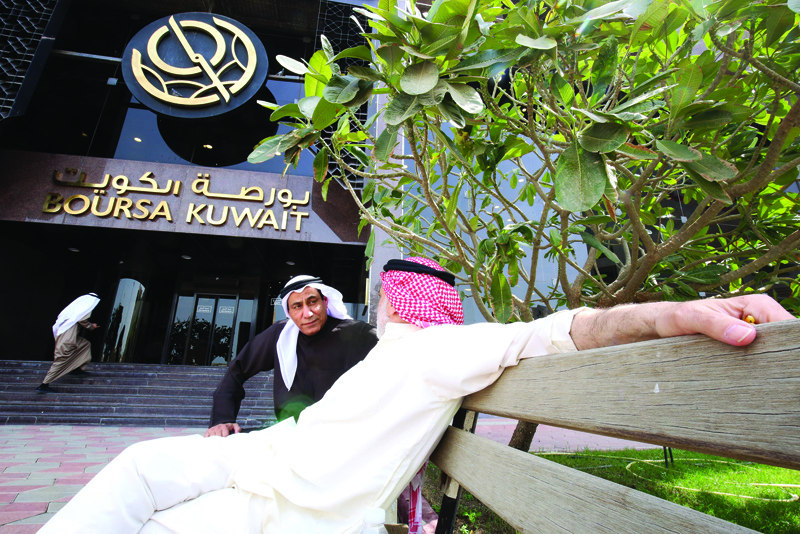By Chidi Emmanuel
As the UAE moves to a Western-style Saturday-Sunday weekend, some Kuwaitis and expats shared their views over the recent development. Whereas some approved this shift, others voiced their strong objections to the Saturday-Sunday weekend. In an attempt to maintain its edge over rising regional competitors, UAE on Tuesday shattered norms once again as it changed the Friday-Saturday weekend to Saturday-Sunday, in line with the rest of the world. With the latest move, UAE broke ranks with the rest of the GCC countries as it seeks to attract global investments and boost its tourism sector. As part of the reforms, the government also reduced its official working week to four-and-a-half days, so that government workers can finish at noon on Fridays.
The surprise announcement shocked many people, who feel it will definitely affect their Friday prayers. Although the changes were only mandated for those in the public sector and public schools, analysts expect private companies to follow suit. "This is a welcome development. It brings the United Arab Emirates in line with the rest of the world. I wish and hope Kuwait follows suit," Nasser Ahmed, a Kuwaiti student, told Kuwait Times.
In 2007, UAE was the first to move from a Thursday-Friday weekend, after which other Gulf countries followed suit. But for Mohammad, an Egyptian teacher, Friday is a "no-go area". "Changing from Friday-Saturday to Saturday-Sunday will be hard because of our (Muslim) Friday prayers. UAE might do it because of the investment, trade and tourism sectors, but Kuwait might not," he said.
Abdulaziz, a sociology student at Kuwait University, explored the social aspect of it. "Changing to a Saturday-Sunday weekend might be unpopular here. Kuwaiti families prefer to gather on Fridays. It might affect the sociocultural fabric of our society," he argued, as his friends nodded in agreement.
Kuwaitis chat near the entrance of the Kuwait stock exchange.While some weighed the economic calculations behind the Saturday-Sunday weekend, others explored the religious angle. "Emiratis have been setting the pace over the years. They started the Friday-Saturday weekend 14 years ago. It worked perfectly well for them and other GCC countries that followed; I think this Saturday-Sunday weekend will work fine too. The world is becoming a global village, so there is need for readjustments," Esther Eze, an expat teacher, told Kuwait Times.
Ashanti Shakria, an American business consultant, said the Saturday-Sunday weekend will have a hugely positive impact. "A Saturday-Sunday shift will align Kuwait to the rest of the world. Just like the other parts of the world, we will now have Mondays, Tuesdays, Wednesdays, Thursdays and Fridays as working days. This reform will definitely attract and bolster foreign investments. It will eliminate the weekend gap, thus allowing more business and exchange of trade with the world economy. More so, it will be a big relief for American kids, who are not used to going to school on Sundays," she said.
On the other hand, Chris Ode looked at it with a Christian point of view. "At least we will be privileged to comply and obey one of the 10 commandments - keep the Sabbath day (Sunday) holy. We really miss our Sunday church services. A Saturday-Sunday weekend will surely boost our Christian faith," he said as he entered a church in Kuwait City.




